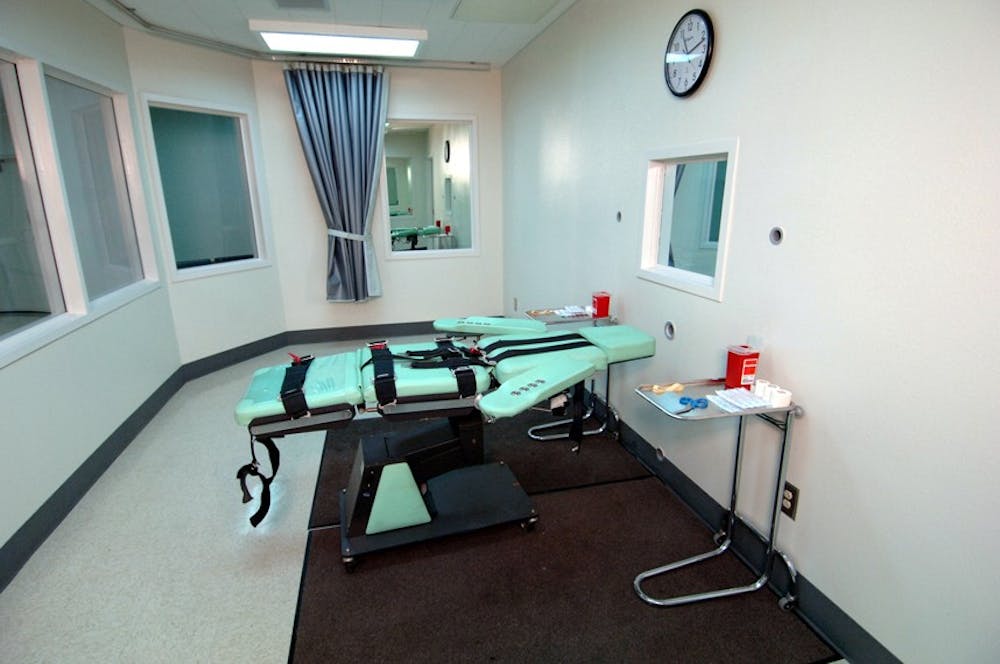By Adam Kelly | Echo
Would you be willing to give up having children forever for $23?
India's sterilization program to slow population growth is second only to China's. Mobile clinics are put up all over India, many in poor areas, to handle these sterilization procedures. Women are offered 1,400 rupees to have the operation. According to cost-of-living database Numbeo, that is enough for these women to pay for food for a week, or buy six McDonald's combo meals. It wouldn't even cover a pair of shoes.
Let's say you average $4 a drink from Starbucks. That $23 would allow you to purchase just under six drinks.
That isn't all. The clinics used for the procedures are not clean, sterile or safe. According to CNN.com, one doctor recently operated on 83 women in six hours. The procedures average about four minutes each.
That is not enough time to sterilize the area for the operation, provide anesthesia, complete the operation safely and ensure its quality. Many women suffer complications from the procedure and have to be hospitalized. Thirteen women have died since their procedures on Saturday.
At least the government has set a limit on procedures allowed per day per doctor to 30, according to CNN. Really? Thirty surgeries for one doctor in a day is still too many. But health administrators push for doctors to perform the procedures. India pays doctors per surgery and pressures them to do as many as possible.
The Human Rights Law Network, a group that focuses on reproductive rights, stated the camps where the procedures take place often don't have either running water, electricity or enough staff to make the operations safe. These camps pop up because contraceptives are too expensive and hard to get in the remote areas.
Sterilization provides a way to limit population growth and save resources for those already using the limited resources. These operations are supposed to give a safe and effective choice to women who don't have the desire or resources to care for children.
These procedures, and the way the government intimidates women to have them done, are sickening. Women should have free choice, rather than being forced or bribed into surgery. According to WebMD.com, male operations are easier to do, or contraceptives would provide a safer alternative to these sterilizations. India could also use all the money they give to the doctors, health workers and women having the operations to help the poorer areas of India. The money could go toward contraceptives, food, shelters and new jobs for families in the poverty-stricken areas. Such action would improve more lives than operations ever could.
It is time to take a stand on life and on health conditions. These women need help. Engender Health is a non-profit organization that helps with this issue. Support them and donate money. It is a matter of life and death.




